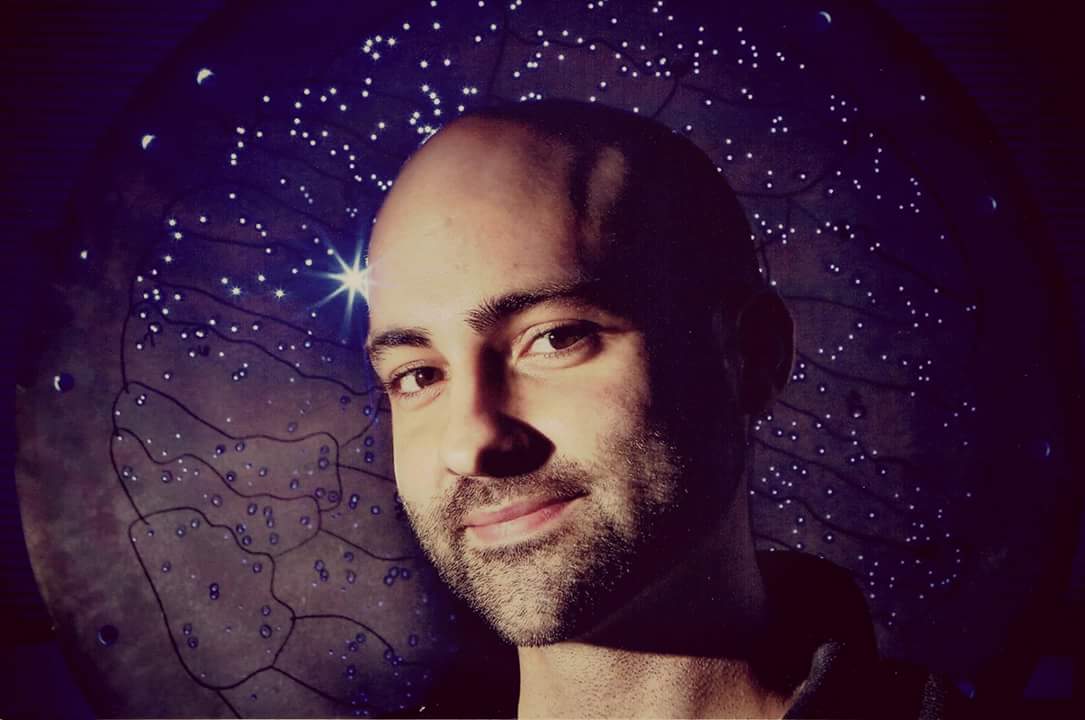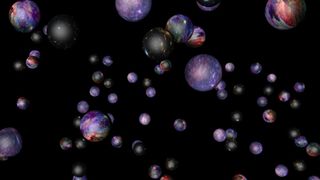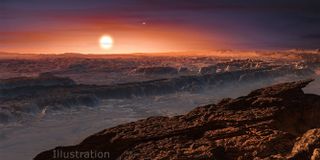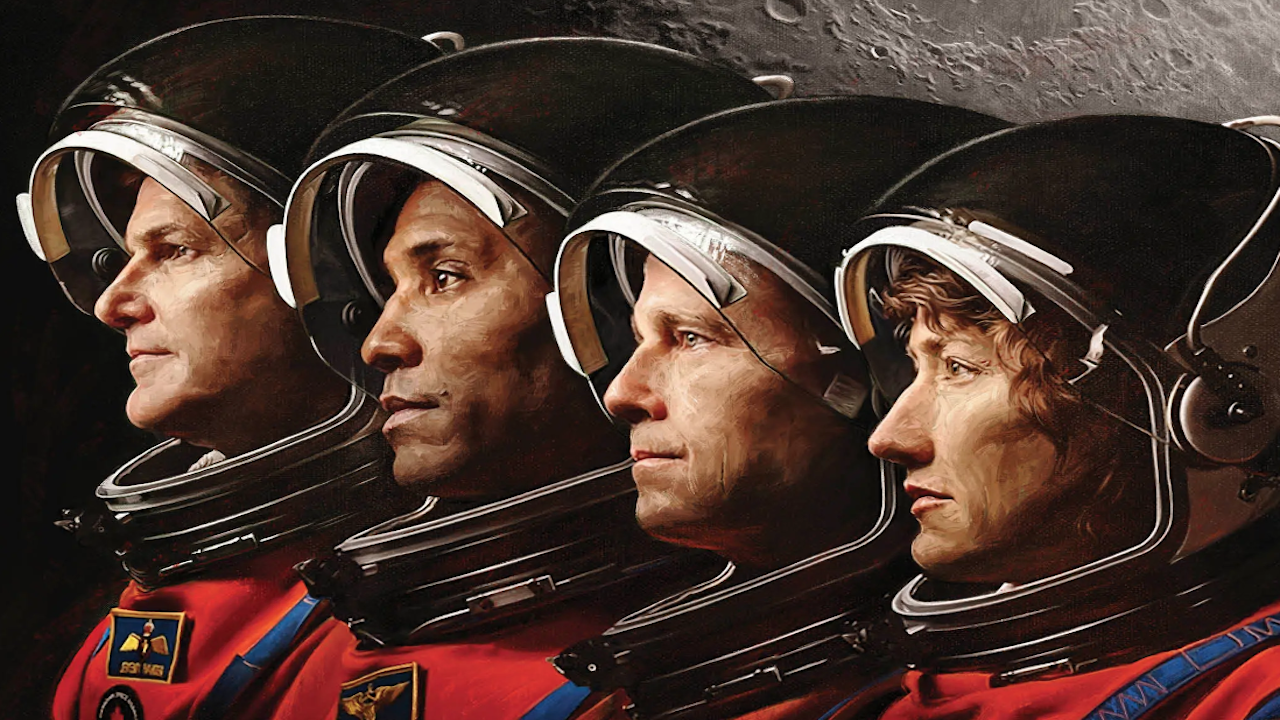Paul M. Sutter is a cosmologist at Johns Hopkins University. A prolific scientist, he has written over 60 academic publications on topics such as the earliest moments of the big bang and the largest objects in the universe. Paul is also an award-winning science communicator. He has authored three critically acclaimed, international bestselling books and has hosted television shows on Discovery, Science Channel, History Channel, and numerous digital outlets. You can find his essays in The New York Times, Scientific American, Nautilus, and more. In addition to regular appearances on NBC News, BBC News, CNN, and The Weather Channel, Paul has developed one of the most popular podcasts in the world and is a globally recognized leader in the intersection of art and science, especially in his role as a United States Cultural Ambassador.
Latest articles by Paul Sutter
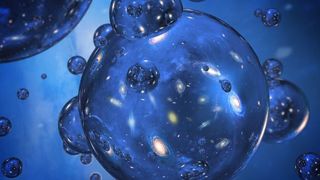
Our universe may have a twin that runs backward in time
By Paul Sutter published
A mirror universe that runs backward in time sprouted up before the Big Bang.
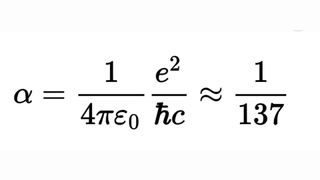
Life as we know it would not exist without this highly unusual number
By Paul Sutter published
The fine-structure constant is a seemingly random number with no units or dimensions, which has cropped up in so many places in physics, and seems to control one of the most fundamental interactions in the universe.
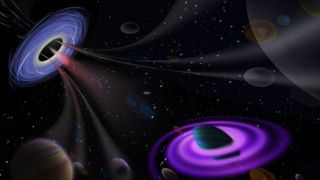
Spiderweb of wormholes could solve a black hole paradox 1st proposed by Stephen Hawking
By Paul Sutter published
A seemingly intractable black hole paradox first proposed by physicist Stephen Hawking could finally be resolved — by wormholes through space-time.
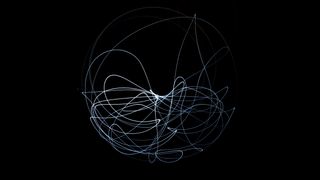
Chaos theory explained: A deep dive into an unpredictable universe
By Paul Sutter published
Reference Chaos theory explains the behavior of dynamic systems like weather, which are extremely sensitive to initial conditions. They cannot be truly predicted.
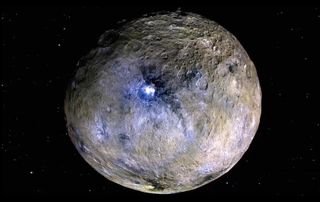
Strange dwarf planet Ceres may have formed at the icy edges of the solar system
By Paul Sutter published
Ceres is the most dominant member of the asteroid belt but it doesn't look like the other asteroids.
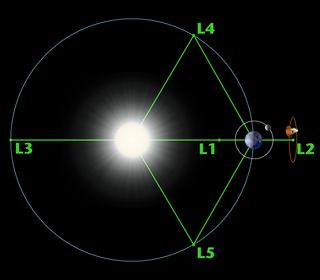
How Lagrange points solved one of physics' biggest problems
By Paul Sutter published
The origins of the Lagrange points are sunk deep within one of the most difficult problems faced by mathematicians and physicists over the past 400 years: the three-body problem.
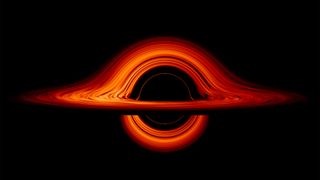
What black holes can teach us about traffic jams
By Paul Sutter published
If you've ever been stuck in a nightmare traffic jam, you know that "black hole from which you can never escape" captures the feeling well.
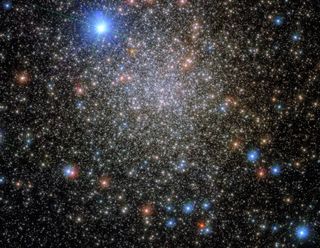
Mysterious globular clusters could unlock the secrets of galaxy formation
By Paul Sutter published
Globular clusters are like astronomical coelacanths — mysterious living fossils. These densely packed collections of ancient stars may hold the ultimate secrets to the formation of galaxies.
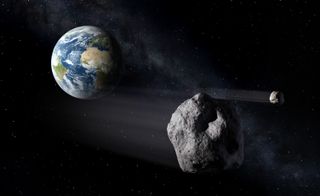
Too much of a good thing: Early impacts delivered iron to Earth but almost wiped out life
By Paul Sutter published
A recent study has found that the hazards posed by large impactors far outweighed their benefits for life on Earth.
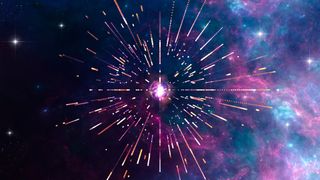
Physicists get closer than ever to measuring the elusive neutrino
By Paul Sutter published
Scientists used a 200-ton "neutrino scale" to measure the elusive particles.
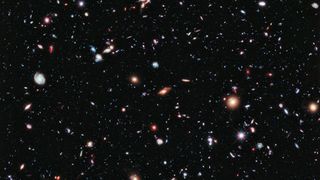
Is there anything beyond the universe?
By Paul Sutter published
What's beyond the known limits? What lies outside the boundary of the universe? The answer is — well, it's complicated.
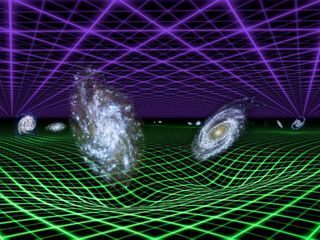
Loop quantum gravity: Does space-time come in tiny chunks?
By Paul Sutter published
Quantum mechanics tells us that the forces of nature come in discrete, tiny chunks. Gravity, the bending of space-time, is a force. So is space-time quantized as well?
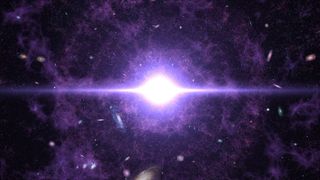
What happened before the Big Bang?
By Paul Sutter published
The Big Bounce theory was once thought impossible. But recent research is keeping it alive.
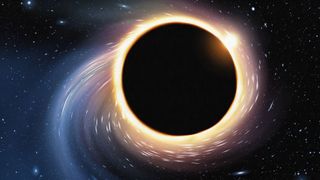
What happens at the center of a black hole?
By Paul Sutter published
At the center of a black hole, matter is compressed down to an infinitely tiny point, and all conceptions of time and space completely break down.
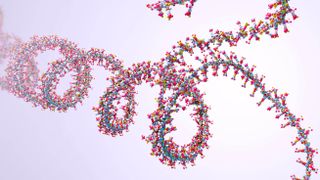
The first life on Earth depended on a deadly poisonous gas, study suggests
By Paul Sutter published
Toxic hydrogen cyanide gas, used in chemical weapons today, may have been involved in the early stages of life's evolution, a new study suggests.
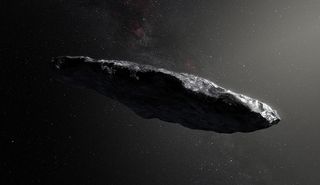
Will we ever know the true nature of 'Oumuamua, the first interstellar visitor?
By Paul Sutter published
Astronomers have proposed lots of ideas to explain 'Oumuamua's odd characteristics, and we're unlikely ever to find out which one is correct.
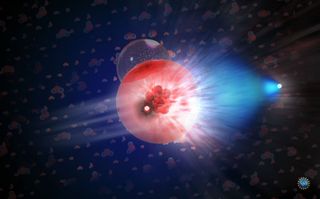
The mystery deepens: Ghostly neutrinos and fast radio bursts don't come from the same place
By Paul Sutter published
Knowing if high-energy neutrinos and FRBs came from the same place on the sky would help explain the origins of both. But alas, they do not.
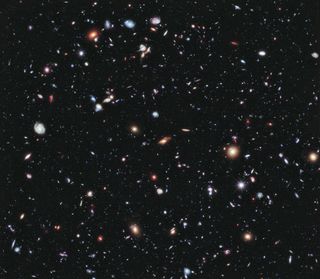
Do we live in a simulation? The problem with this mind-bending hypothesis.
By Paul Sutter published
Does the simulation hypothesis offer a compelling argument, or is it just interesting food for thought? Let's find out.
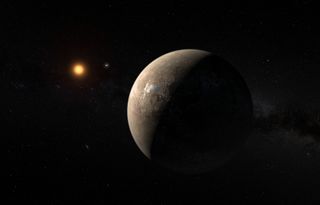
What really makes a planet habitable? Our assumptions may be wrong
By Paul Sutter published
How common are ice-covered planets like Hoth from "Star Wars," and might they be capable of hosting life? As usual, the answer is, it depends.

Astronomers propose building a neutrino telescope — out of the Pacific Ocean
By Paul Sutter published
The Pacific Ocean Neutrino Experiment would turn a massive swath of the Pacific Ocean into nature's own neutrino detector.
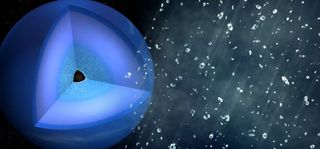
Yes, there is really 'diamond rain' on Uranus and Neptune
By Paul Sutter published
Hiding beneath the outer layers of some planets, there may be something spectacular: a constant rain of diamonds.
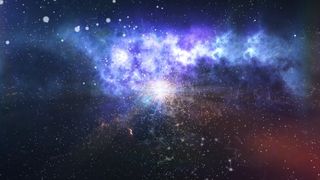
We may finally be able to test one of Stephen Hawking's most far-out ideas
By Paul Sutter published
The recently launched James Webb Telescope should help determine if dark matter is made up of primordial black holes.
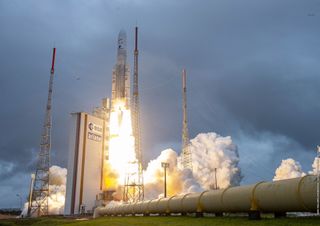
5 space missions to look forward to now that the James Webb Space Telescope has launched
By Paul Sutter published
Now that the telescope is in space, what's next for astrophysics done from beyond Earth's surface? Here are five future missions to get excited about.
Breaking space news, the latest updates on rocket launches, skywatching events and more!
